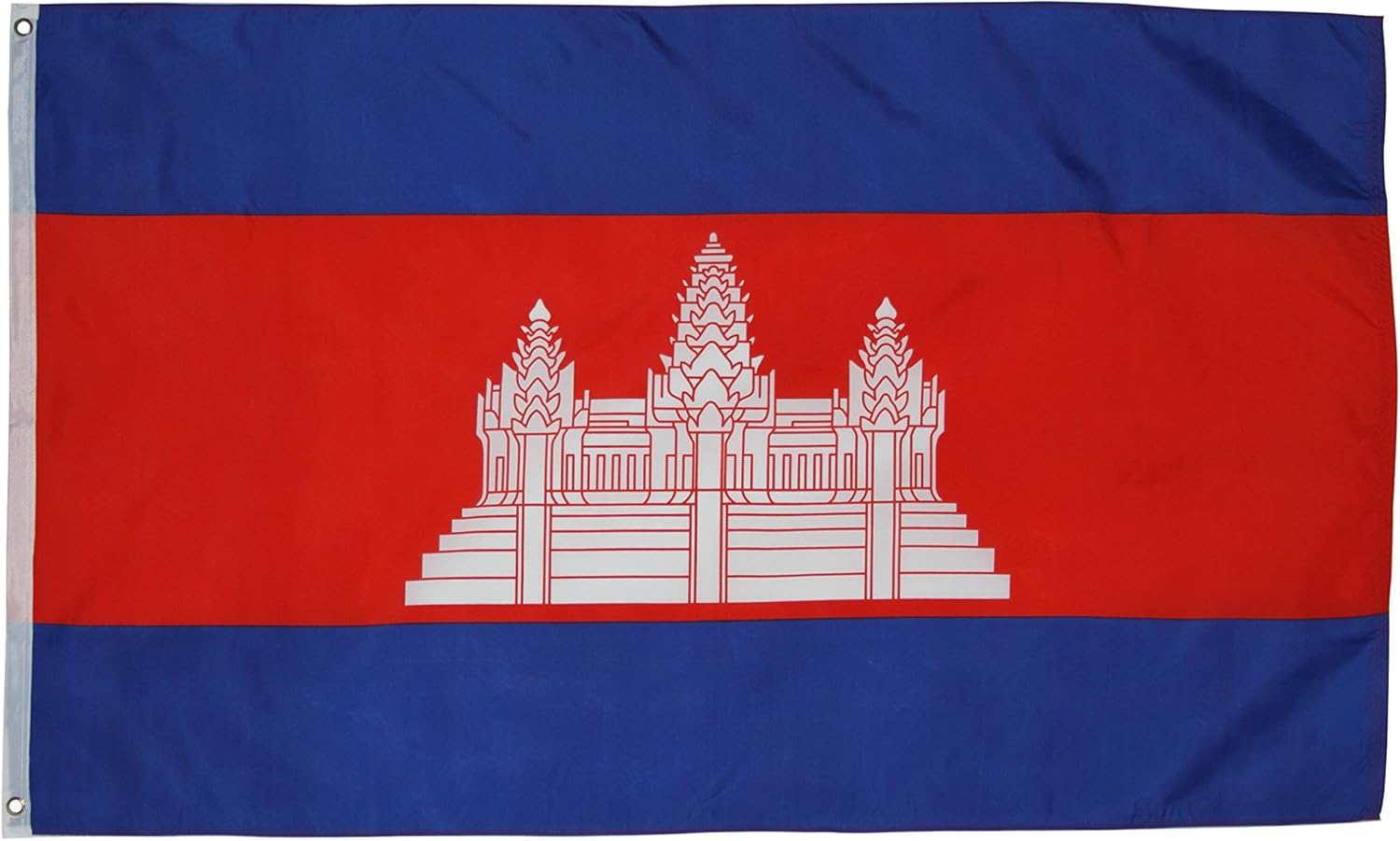Cambodia’s leadership has announced plans to halt the expansion of the country’s gaming industry, possibly in an effort to align more closely with China, its main regional ally, in hopes of reviving Chinese tourists. Gambling expert Ben Lee discusses in Under the Scope how Cambodia is transitioning to a regulated gambling environment, aiming to eliminate illegal activity and potentially establish a solid regulatory framework in the second half of this year.
While online gaming has experienced a period of growth, attracting significant Chinese investment, Cambodia has outlawed such activity and has been actively cracking down on attempts to continue it.
Ben Lee, managing partner at iGamix, said these recent announcements could be China's way of putting pressure on Cambodia to crack down on its online gaming industry and reiterate that online gambling is already illegal in the country.
Cambodia is making good on its promise, with nearly 500 people reportedly arrested in operations targeting online gambling and scams in the first two months of this year.
However, Prime Minister Hun Manet’s statement also indicated tighter regulation of the physical gaming industry, suggesting that not only may the country not issue new licenses for physical casinos, but it may also revoke existing licenses.
Cambodia has been slow to implement comprehensive casino legislation, only implementing its Commercial Gambling Management Law (LMCG) in November 2020.
This resulted in the establishment of the Cambodian Commercial Gambling Commission (CGCC), which consists of 11 members from various ministries and government agencies and is overseen by the Ministry of Economy and Finance.
Ben Lee stressed that the CGCC has appointed an independent consultant to strengthen and simplify Cambodia’s gambling regulations. This could lead to changes in gaming policy, possibly with uniform investment requirements for land-based casino licenses and new rules to scrutinize the backgrounds of all players in the gaming industry, including casino operators and junket operators.
Smaller border casinos will be affected by the changes, and even large operators like Phnom Penh Holdings, which holds Phnom Penh’s monopoly gaming license, will not be able to escape the impact.
Before the COVID-19 pandemic, intermediaries were an important source of VIP revenue for NagaCorp. However, with the decline of junkets in Macau and the trend toward greater mass adoption, attracting customers, whether Chinese or otherwise, has become crucial for operators.
Although locals are banned from gambling in Cambodian casinos under the 2020 licensing framework, reports indicate that locals continue to place bets at gaming venues, often paying bribes to avoid harsh penalties. VIP rooms are also lax in their supervision, with larger bribes allowing for greater evasion of consequences.
China's GAAP and government efforts to clean up the industry have influenced investor decisions, with some international players shifting investments elsewhere rather than confront the changing regulatory environment.
Century Entertainment, which is listed on the Hong Kong Stock Exchange, terminated its agreement to operate gaming tables in Dara Sakor, a Chinese investment zone that aims to become an entertainment and gaming hub.
Despite the challenges, Cambodia managed to remove itself from the Financial Action Task Force’s grey list last year, a feat the Philippines has yet to achieve. This, coupled with a robust regulatory framework, could boost investor confidence. If China decides to reopen its borders, Cambodia would benefit not only from the return of tourists but also from their spending habits, potentially reviving a real estate market that has been battered since China left.
If the industry can maintain high standards and learn from the experiences of other countries such as the Philippines, Cambodia may reconsider online gaming, a revenue source that could greatly benefit the country’s ongoing recovery efforts.











